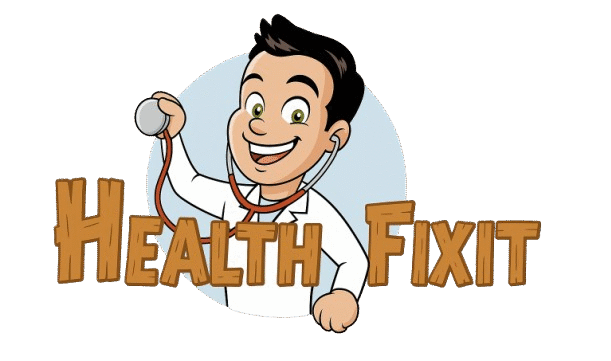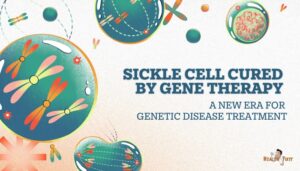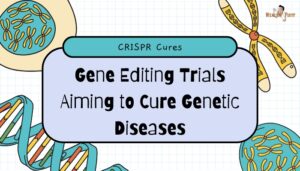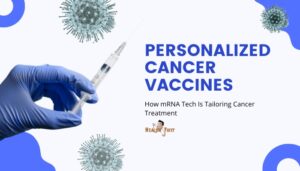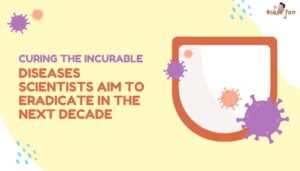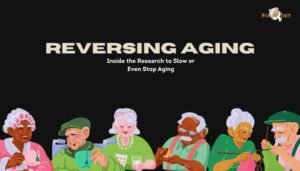Sickle Cell Cured by Gene Therapy: A New Era for Genetic Disease Treatment
Introduction Sickle cell disease (SCD) is an inherited blood disorder. It changes healthy red blood cells into a crescent, or “sickle,” shape. These sickled cells do not move through small vessels easily. As a result, people with SCD often suffer...
Read MoreCRISPR Cures: Gene Editing Trials Aiming to Cure Genetic Diseases
Introduction CRISPR-Cas9, the gene-editing tool that transformed molecular biology, has propelled the goal of treating—and potentially curing—genetic diseases closer to reality. By precisely targeting faulty genes at their source, researchers aim to eliminate inherited conditions like sickle cell disease or...
Read MoreMalaria Vaccine Breakthroughs: Ending Malaria in Our Lifetime?
Introduction Malaria causes millions of illnesses each year. It derives from Plasmodium parasites carried by certain Anopheles mosquitoes. People who contract malaria often experience fever, chills, headaches, and severe complications. Tropical and subtropical regions, especially in parts of Africa and...
Read MoreHIV Vaccine and Cure Research: Are We Finally Nearing an HIV-Free World?
Introduction Human Immunodeficiency Virus (HIV) emerged as a global health crisis in the early 1980s. What started as clusters of rare infections among young individuals rapidly became a pandemic. In the decades since, researchers have discovered key aspects of HIV...
Read MoreUniversal Flu Vaccine: How Close Are We to One Shot for All Strains?
Introduction Influenza, commonly called the flu, has been a public health challenge for decades. Existing flu shots, updated annually to match circulating viral strains, offer protection but are not always effective. Influenza viruses mutate at rapid rates, resulting in an...
Read MorePersonalized Cancer Vaccines: How mRNA Tech Is Tailoring Cancer Treatment
Introduction Cancer is not a single disease but a broad category of disorders in which abnormal cells proliferate. Although the immune system can detect and eliminate many abnormal cells, cancer cells can adapt to evade immune responses. Researchers have developed...
Read MoreThe Future of Cancer Treatment: Will Chemotherapy Become Obsolete?
Introduction Cancer is not a single disease but rather a group of disorders with distinct biological and clinical characteristics. Traditionally, chemotherapy has been a primary treatment for many types of cancer. It uses chemical agents that target rapidly dividing cells,...
Read MoreCuring the Incurable: Diseases Scientists Aim to Eradicate in the Next Decade
Introduction Medical science continues to advance. Experts believe that some persistent diseases can be significantly reduced or eliminated soon. Many illnesses once seemed impossible to treat. Today, physicians have effective medicines and promising vaccines. This shift gives hope for conditions...
Read MoreReversing Aging: Inside the Research to Slow or Even Stop Aging
Introduction Aging affects every person throughout life. Most adults see aging as a natural part of living, marked by changes in appearance, physical performance, and increased risk of disease. Researchers, however, probe deeper than ever before to discover the underlying...
Read MoreDifference between Arteries and Veins
Overview of the Circulatory System The circulatory system consists of the heart and blood vessels; hence it is also called the cardiovascular system, where cardio pertains to the heart and vascular pertains to the blood vessels. Blood vessels are composed...
Read More